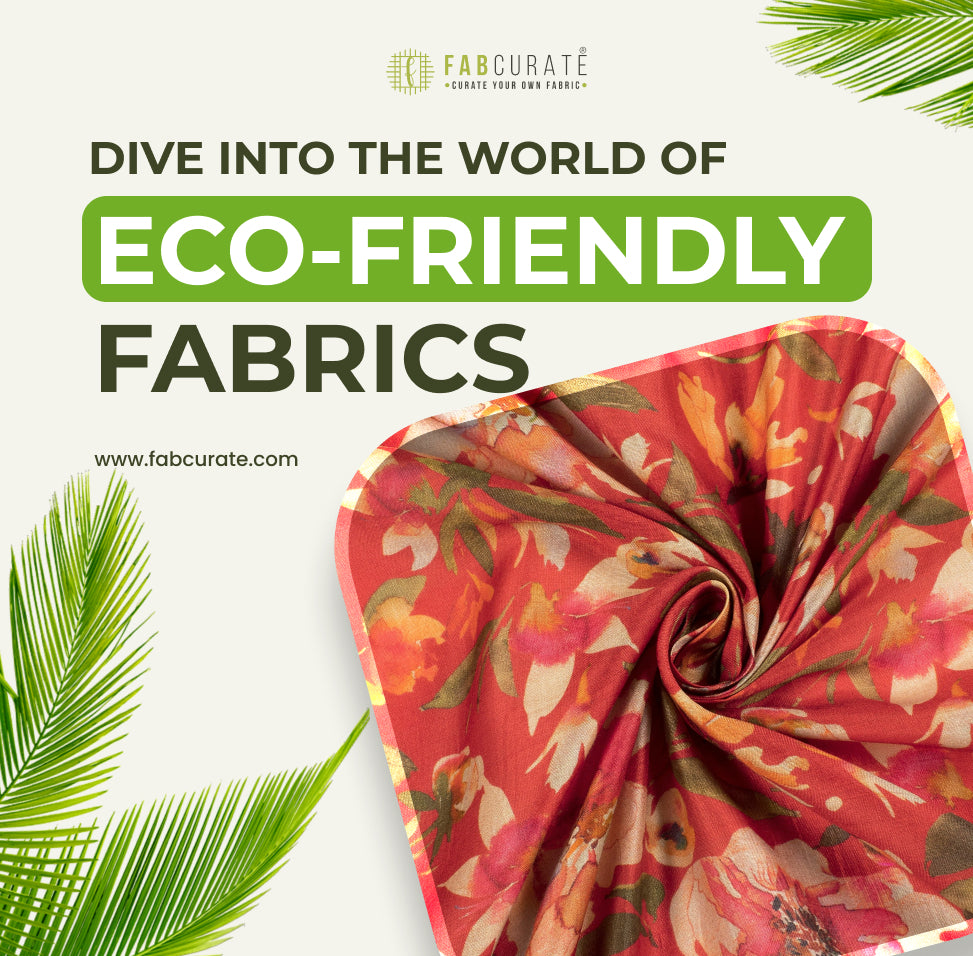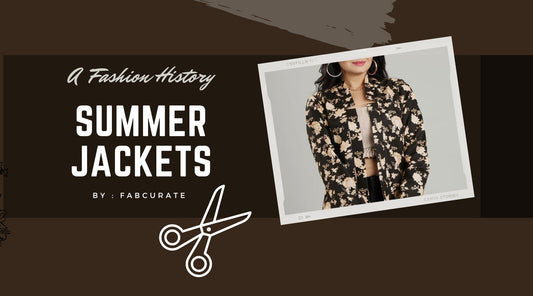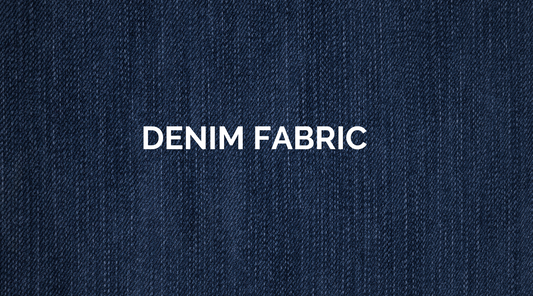When it comes to fashion, there's always a new trend to follow. But there's one trend that is here to stay and it's the trend of eco-friendly fabrics. The fashion industry has been notorious for its wasteful practices and environmental impact, but with the rise of eco-friendly fabrics, we can now enjoy stylish and sustainable clothing. In this blog, we'll dive into the world of eco-friendly fabrics and explore some of the most innovative materials available today.
Eucalyptus Fabric
Eucalyptus fabric, also known as lyocell, is a material made from the pulp of eucalyptus trees. The process of making eucalyptus fabric is environmentally friendly as it uses a closed-loop system, which means that the solvents used in the process are recycled and reused. This makes eucalyptus fabric a sustainable and eco-friendly alternative to conventional fabrics.
Eucalyptus fabric is also soft and silky to the touch, making it a luxurious and comfortable material to wear. It's also highly breathable and moisture-wicking, which makes it perfect for summer clothing. Eucalyptus fabric is also hypoallergenic, making it a great choice for those with sensitive skin. So, if you're looking for a sustainable and comfortable fabric, eucalyptus fabric is a great choice.
Orange Fabric
Orange fabric is a unique and innovative material made from discarded orange peels. The process of making orange fabric involves extracting cellulose from orange peels and then turning it into a fiber that can be woven into fabric. This process is sustainable and eco-friendly as it repurposes waste material. Orange fabric has a unique texture and appearance, with a slightly rough and rustic feel to it. Orange fabric is also highly durable and can be used for a wide range of clothing items, from dresses to accessories.
Corn Fabric
Corn fabric, also known as PLA fabric, is made from corn residue, which is a byproduct of corn processing. The process of making corn fabric involves turning corn residue into a fiber that can be woven into fabric. This process is sustainable and eco-friendly as it repurposes waste material and reduces the need for virgin materials. Corn fabric is a versatile material that can be used for a wide range of clothing items, from t-shirts to jackets. It has a natural sheen and a soft texture, making it a comfortable and stylish material to wear. Corn fabric is also biodegradable, which means that it won't contribute to the buildup of waste in landfills.
Eco-friendly fabrics are the future of fashion. They offer a sustainable and stylish alternative to conventional fabrics, and they're becoming increasingly popular among consumers. Eucalyptus fabric, orange fabric, and corn fabric are just a few examples of the innovative materials available today. By choosing eco-friendly fabrics, we can reduce our environmental impact and support sustainable practices in the fashion industry. So, let's dive into the world of eco-friendly fabrics and embrace a more sustainable and stylish future.
















